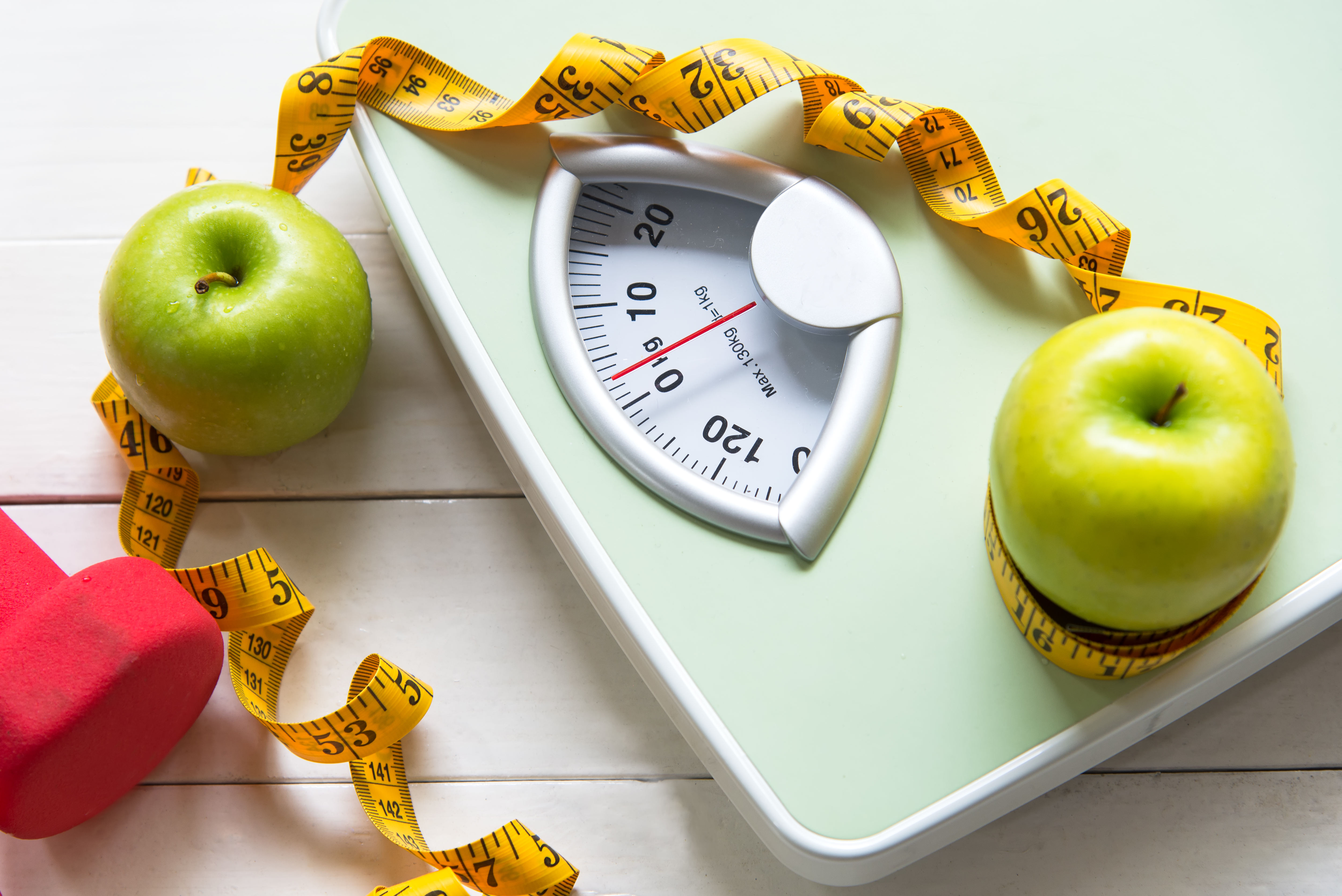Natural Ways to Boost Your Immune System
The immune system protects you from harmful bacteria viruses and other pathogens. Keeping it strong is essential especially if you get sick often or want to remain in good health.
Using natural ways to stay healthy is becoming more popular. Instead of taking lots of medicine you can help your immune system by eating certain immune-boosting foods using natural products and making minor changes to your daily life. By adhering to these personalized guidelines you may keep your mind and body in good shape.
Here at Trusted10.io we want to make it easy for you to learn to stay healthy. If you want to know how to boost your immune system without spending a fortune this article has you covered. We’ll talk about eating nutritious foods moving your body sleeping well drinking water and relaxing to handle stress. Let's begin the process of making you feel amazing!
Eat A Healthy Diet

Maintaining a healthy weight and a robust immune system are both made easier by eating well. Improving your diet in this way may help your immune system:
- Eat lots of fruits and vegetables: You may use the vitamins in them to strengthen your immune system. As an example a platter of orange carrots green spinach and red apples might be visually appealing. These colors indicate that they have different good qualities.
- Pick whole grains: Foods like brown rice and whole-wheat bread are good because they contain a lot of fiber. Fiber helps keep your stomach healthy and having a healthy stomach helps keep your whole body healthy.
- Add some lean proteins: Proteins help build strong cells in your body including the ones that help fight sickness. Foods like chicken fish beans and tofu are great sources of protein.
- Use healthy fats: Some fats are good for you like the ones in olive oil nuts and avocados. They help your body absorb vitamins better and keep inflammation down which can help your immune system work better.
- Try to eat less processed food: Foods in packages or cans often have a lot of sugar and fat that aren’t good for you. Try to eat fresh foods like fruits vegetables and meats more often.
Simple Recipes to Try
- For Breakfast: make a berry and spinach smoothie or have some oatmeal with banana slices and a little honey.
- Lunch: Make a big salad with chicken avocado and lots of colorful veggies or have vegetable soup with a piece of whole-grain bread.
- Dinner: Grill some salmon and serve it with quinoa and some veggies such as broccoli or carrots or make a tasty curry with lentils and veggies served with brown rice.
- Snacks: For a tasty snack try dipping apple slices in nut butter or carrot sticks in hummus.
By including these nutrients into your diet you may support a robust immune system. Include these items in your diet if you want to improve your mood.
Exercise Regularly

To strengthen your immune system exercise often. Immune cells are able to travel more freely and combat infections more effectively because of this. Plus staying active reduces inflammation and helps your immune cells work better. Following these three steps may make incorporating exercise into your regular routine both pleasurable and easy:
- Find an enjoyable activity: Exercise should be fun not a chore. Go for a run swim dance bike ride or stroll if that's what makes you happy. When you enjoy your workout you're more likely to do it regularly.
- Start slowly: Start slowly if you are attempting something new or if you haven't exercised for a long. Your capabilities will increase as you get used to it. Doing so keeps you motivated and helps you prevent injuries.
- Set realistic goals: It’s good to have goals to work toward. Start with small ones such as walking for 30 minutes a day. Make sure to create new more ambitious objectives as you accomplish your current ones.
- Mix it up: Regularly engaging in the same physical activity could get monotonous. Try different activities to keep things exciting and challenge different muscles. Include cardio (like walking or swimming) and strength exercises (like lifting weights) in your routine.
- Listen to your body: Pay attention to how you feel. If you're feeling tired or sore it's time to rest. Rest days are essential for your body to recover and get stronger.
Aiming for about 30 minutes of moderate exercise on most days of the week can do wonders for your health. It's suitable for your immune system boosts your mood increases your energy and helps you keep a healthy weight.
Too much exercise can be challenging for your immune system. If you push yourself too hard you might get sick more easily. Maintain a steady equilibrium by paying attention to your physical needs and resting when you're tired. This way you can stay fit without overdoing it.
Get Enough Sleep

Sleep isn’t just a time to rest; it’s crucial for keeping your immune system strong. Your immune cells ramp up their activity and your body fixes itself as you sleep. For a more restful night's sleep try these strategies:
- Establish a bedtime routine: Maintaining a consistent sleep schedule tells your body to prepare for sleep. Make a plan for how you'll wind down for the night whether that's reading a little or soaking in a warm bath. Maintaining a consistent waking and sleep schedule (even on weekends) will greatly improve your quality of sleep.
- Create a sleep-friendly environment: Create an inviting space for rest in your bedroom. The ideal conditions are calm darkness and silence. Consider using earplugs white noise generator or blackout curtains to block off noise.
- Limit exposure to screens before bed: It could be more difficult to go to sleep if you use electronics that emit blue light such as smartphones tablets and laptops. Try to turn off these devices at least an hour before bedtime to help your body get ready to sleep.
- Avoid caffeine and alcohol before bed: These medications could make it hard for you to sleep. Avoid coffee tea chocolate and soft drinks that have caffeine in the evening. Although alcohol may make you feel sleepy it reduces your sleep quality.
- Exercise regularly: If you're having trouble falling asleep at night try being active throughout the day. You should avoid exercising too close to sleep since it has the potential to keep you awake.
The ideal amount of sleep every night is 7 to 9 hours. A body that has had enough sleep is in a better position to fight off illness and keep itself in peak condition. If you’re having trouble sleeping talk to your doctor to find out why and what you can do about it.
Stay Hydrated

Aside from being a necessary component of any healthy immune system water serves as a thirst quencher. It helps to circulate immune cells in your blood and lymphatic system allowing your body to detect and fight infections more effectively. In order to maintain proper hydration consider the following:
- Drink plenty of fluids: Aim for eight glasses of water or more every day. More might be required if you have an active lifestyle or reside in a hotter climate. Herbal teas milk and juices also count toward your fluid intake. Water is still the greatest choice if you want to satisfy your thirst without adding sugar or calories.
- Eat hydrating foods: Some fruits and vegetables are almost like eating water because they’re so full of it! Watermelon cucumber oranges and tomatoes are great choices. You may keep yourself hydrated by adding them to your diet.
- Limit caffeine and alcohol: Both can make you lose more water than normal. It’s okay to have them in moderation but try not to have too much especially before you go to bed as they can also affect your sleep.
- Listen to your body: Check your fluid levels often and fill up as required. If you’re feeling parched you’re already starting to dehydrate so don’t wait!
- Carry a water bottle: You may find that you drink more water during the day if you carry a water bottle with you at all times. Choose a reusable bottle to help the environment and keep your water handy.
Keeping hydrated supports your immune system digestion and brain function. Remember if you’re feeling thirsty or your mouth is dry you're probably not drinking enough water.
Maintain A Healthy Weight

Keeping to a healthy weight aids the immune system in its battle against infections and promotes overall health. Being overweight lowers your immune system's defenses making you ill more often. Maintaining a healthy weight is easier if you follow these easy steps:
- Eat a balanced diet: Pile on the nutritious fare. A healthy diet includes plenty of fresh produce whole grains (such as oats or whole wheat bread) lean meats (such as fish or poultry) and healthy fats (such as avocados or olive oil). Try to stay away from too many snacks sweets and fast foods.
- Practice portion control: It’s good to watch how much you eat. Try not to eat until you feel too full. Pay attention to when you start to feel full and stop eating. You may use this to control your portion sizes.
- Stay active: Moving your body helps you keep a healthy weight. For around half an hour seven days a week you could go for a walk swim or bike ride. You need to do something enjoyable if you want to continue doing it.
- Get enough sleep: Sleeping well at night helps your body manage hunger better. Try to sleep about 7 to 9 hours each night. This can help you not feel too hungry or eat too much.
- Manage stress: An increase in food intake particularly junk food may accompany feelings of stress. Try calming activities like deep breathing listening to soothing music or stretching to help you feel less stressed.
Keeping your weight healthy is a big part of keeping your whole body healthy including your immune system. If you're finding it hard to maintain a healthy weight it might be a good idea to talk to a doctor or someone who knows a lot about food and health. They can give you more advice that’s just right for you.
Don't Smoke

Tobacco use lowers immunity and has other negative health effects. Because of this your immune system will have a more difficult time fighting off cold and flu symptoms. Some ways in which smoking weakens the immune system are as follows:
- Weakened immune response: Smoking makes it hard for your immune cells to work right. This means your body can't fight germs as well as it should. When you smoke your body produces less antibodies which means you're less equipped to fight against diseases.
- More colds and infections: Smoking can damage your lungs and airways making it easier to catch colds the flu and other diseases that affect your breathing.
- Slower healing: If you get a cut or other injury smoking can slow down the healing process. This is because smoking makes it harder for blood and oxygen to get to your wounds which need to heal correctly.
- Higher risk of serious diseases: Smoking can lead to long-term severe diseases like cancer heart disease and problems with your lungs. A compromised immune system is a common symptom of many illnesses.
- Secondhand smoke is harmful: Even if you don't smoke being around smoke can still hurt your immune system. Particularly affected are nonsmoking adults and children who share a home with a smoker.
Putting an end to your smoking habit is among the healthiest decisions you can make. Boosting your immune system in this way reduces your vulnerability to a wide range of illnesses. If you want to stop smoking some people and programs can help you. Quitting may improve your health in many ways and it's never too late to start.
Limit Alcohol Consumption

To maintain a healthy immune system it is essential to limit alcohol use. Overconsumption of alcohol lowers the body's defenses leaving you more susceptible to illness. The immune system may be impacted in the following ways by alcohol:
- Weakened immune response: Alcohol can mess up how your immune cells work. This means your body isn't as good at fighting germs and you might get sick more often. Alcohol can also make your body more inflamed which is not healthy.
- More likely to get infections: If you drink too much alcohol regularly your body's defenses go down. This can make you more likely to catch infections like colds flu stomach bugs and even more severe diseases.
- Liver damage: Drinking too much can hurt your liver which plays a big part in cleaning your blood and fighting infections. If your liver isn't working well it can't help your immune system do its job.
- Nutritional deficiencies: Alcohol can prevent your body from absorbing essential vitamins and minerals to stay healthy weakening your immune system.
- Disrupted sleep: Alcohol may make you sleepy but it worsens it. Inadequate sleep may worsen a compromised immune system making one more vulnerable to illness.
Drinking little or no alcohol at all might help your immune system stay strong. You may expect to be healthy and ill less often as a result of this. If you find it hard to drink less some people and groups can help you. Making changes to how much alcohol you drink can make a big difference in how healthy you feel.
Manage Stress

Your health and immunity will greatly benefit from your managing stress. Constant stress can increase your risk of illness. Here are some ways that stress can affect your body as well as some simple steps to help manage it:
- Impaired immune response: Your body has more difficulty fighting germs if you're constantly stressed. You might get sick more easily like catching a cold or the flu.
- Increased inflammation: Too much stress can lead to more inflammation. This isn't good for your immune system and can make you feel worse overall.
- Hormonal imbalances: Stress can disrupt your body's hormonal balance leading to an increase in the hormone cortisol. Your immune system might be compromised by elevated cortisol levels.
- Behavioral changes: Stress can cause people to sleep poorly eat unhealthy foods or stop exercising. All these things can weaken their immune systems.
Here are a few easy techniques to relax:
- Mindfulness practices: Activities like meditation taking deep breaths or doing yoga can help calm your mind and make you feel less stressed.
- Physical activity: To alleviate tension and improve your mood try getting your muscles moving by walking dancing or engaging in any kind of exercise that you like.
- Social support: Being with supportive people whether in person or over the phone may help alleviate tension and improve your mood.
- Healthy lifestyle habits: Sleeping well eating good foods and not drinking too much alcohol can help you manage stress better.
- Professional help: If stress is too much for you to handle on your own it may be a good idea to talk to someone like a counselor who can help.
Using these tips you can help keep your stress in check which is suitable for your immune system and overall health.
Get Recommended Vaccines

Getting vaccines is a crucial way to protect yourself and help everyone stay healthy. Before you ever come into touch with a particular pathogen vaccines train your immune system to resist it. Here’s why vaccines are so important:
- Protection against infectious diseases: Vaccines protect against influenza pneumonia and hepatitis. These illnesses can be very serious especially for very young or very old people or for people with health problems that make it easier for them to get sick.
- Preventing the spread of disease: Vaccination provides more than just personal protection. In addition to protecting those who are unable to acquire a vaccine it serves to prevent the spread of illness generally.
- Community immunity: This is also called "herd immunity." When most people in a country get the vaccine it makes it harder for a disease to spread. Everyone including those unable to receive vaccinations benefits from this protection.
- Safety and efficacy: Vaccines undergo much testing to ensure they are safe and work well before they are given to the public. Serious side effects are infrequent.
- Recommended vaccines: It’s essential to know which vaccines you should get. This can depend on your age particular health conditions and other factors. Which immunizations are best for you? Ask your doctor or nurse.
By staying up-to-date with your vaccines you contribute to keeping yourself and your community safe from diseases. Vaccines are among the best tools for preventing illness and strengthening our immune systems.
Consider Taking Zinc Supplements

Zinc is a mineral that's important for your body. It helps your immune system fight off sickness helps heal wounds and is necessary for your cells to grow properly. While you can get zinc from food you may need a little extra from supplements. Zinc supplement information is as follows:
- Immune function: Zinc helps your immune system work well. You might get sick more quickly if you don't have enough zinc.
- Respiratory infections: Zinc supplements can help make colds shorter and less severe. That means you might not feel sick for as long if you take zinc when you have a cold.
- Dosage: Adults usually need about 8 to 11 milligrams of zinc daily. Zinc can be found in different forms like tablets or lozenges. Age and health status are factors that could affect the quantity required.
- Safety and side effects: Zinc supplements are safe for most people if you take them as directed on the package. Having an upset stomach is one of the symptoms of taking too much. Zinc can also change how some medicines work so it's a good idea to talk to a doctor before taking them.
- Food sources: Oysters beef chicken some cereals and beans have zinc. You can naturally get enough zinc by eating these foods.
Talk to a doctor or a nurse if you need zinc supplements especially if you're getting many colds. They can tell you the right amount to take and ensure it's safe.
Conclusion
As we finish our guide on natural ways to boost your immune system let’s review what we’ve learned. We talked about eating healthy foods getting enough exercise sleeping well drinking plenty of water and keeping a healthy weight. We also discussed why it’s important to avoid smoking drink less alcohol manage stress keep up with your vaccines and consider taking zinc supplements if needed.
It’s vital to try to use these natural methods every day. Eating fruits and veggies walking more and going to bed on time suit your immune system. These habits help your body fight off sickness and keep you feeling great.
Here at Trusted10.io our goal is to assist you in maintaining good health. By taking small steps today to help your immune system you can make a big difference for your future health. Extra help and advice is available at this location. Improving your immune system care should begin immediately.
